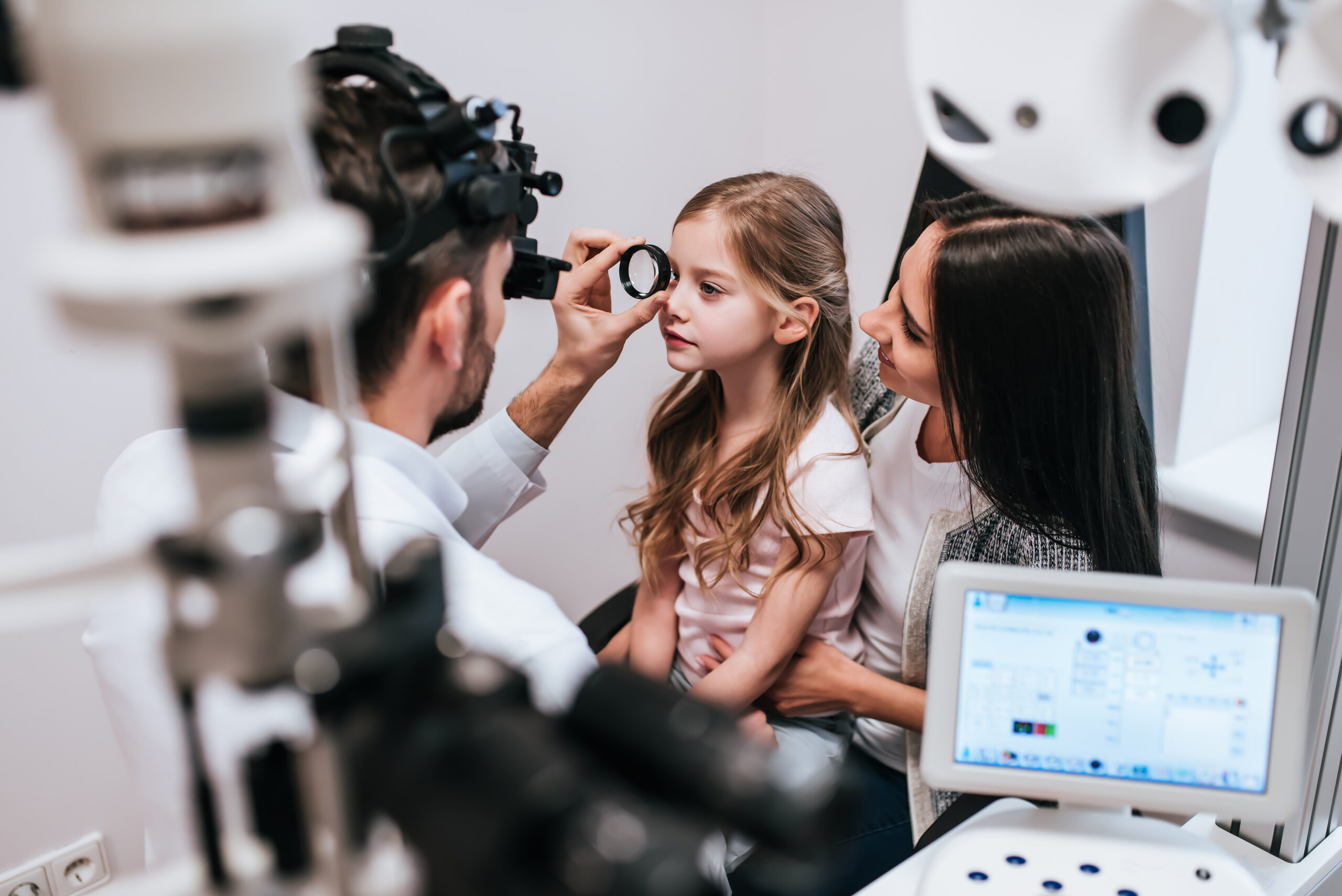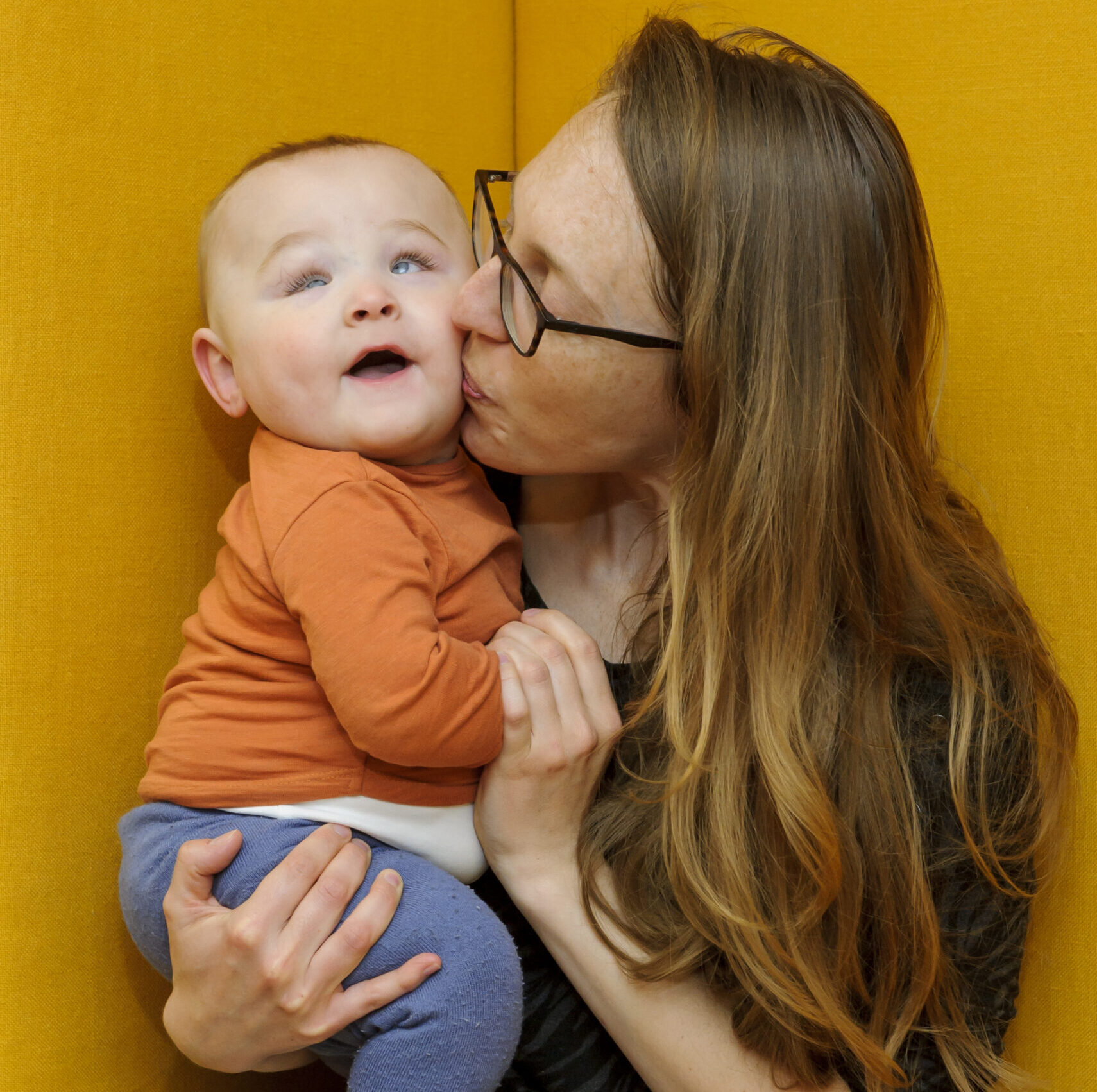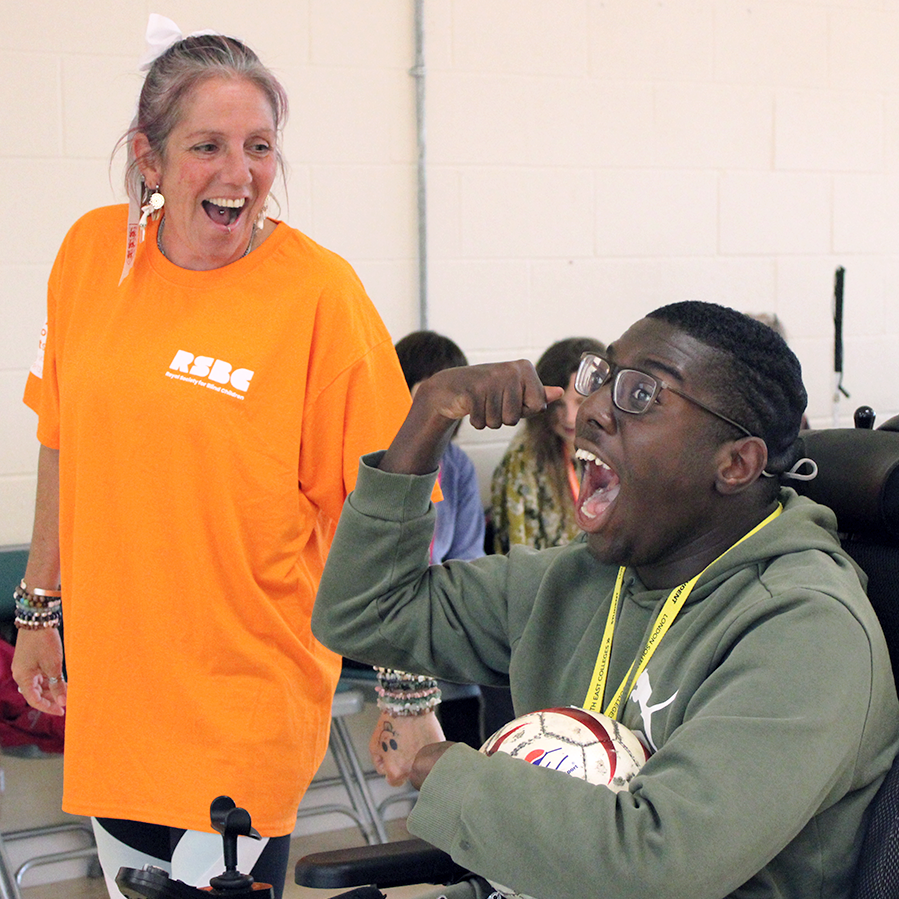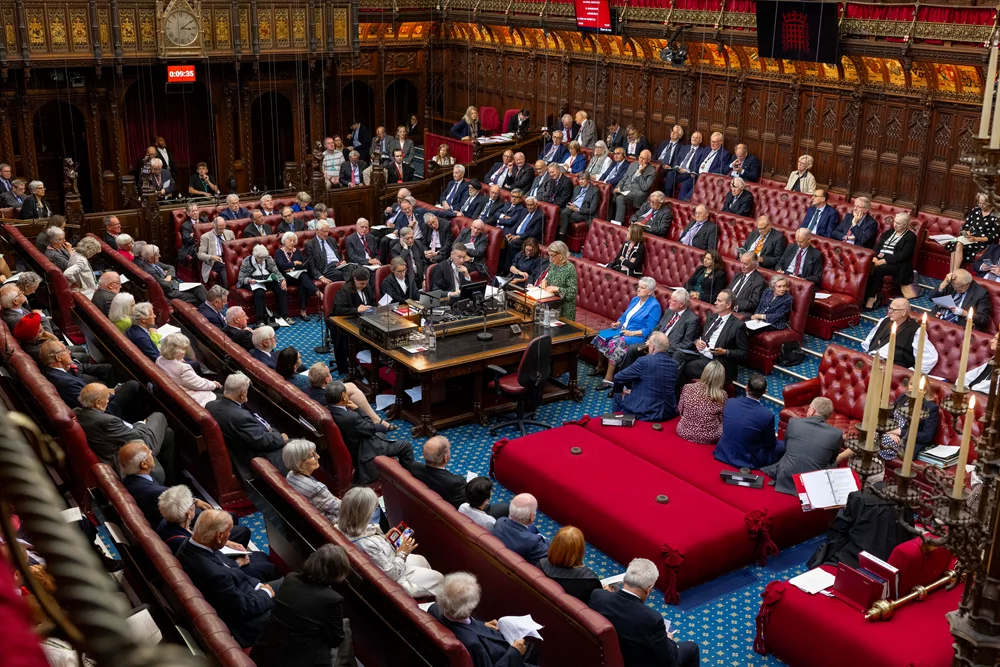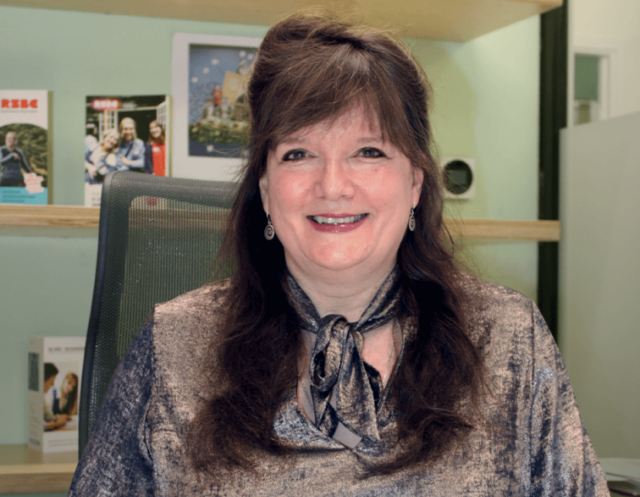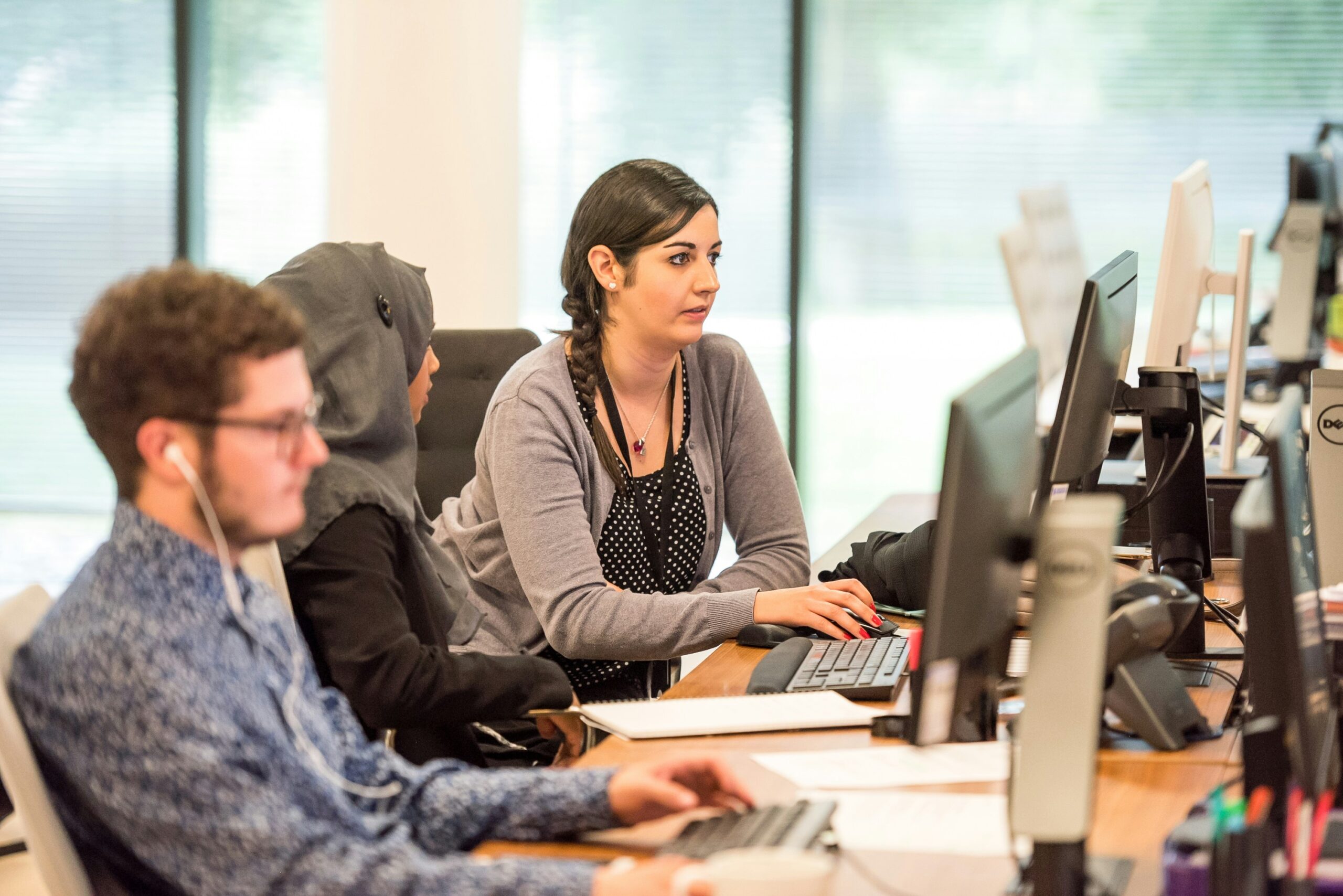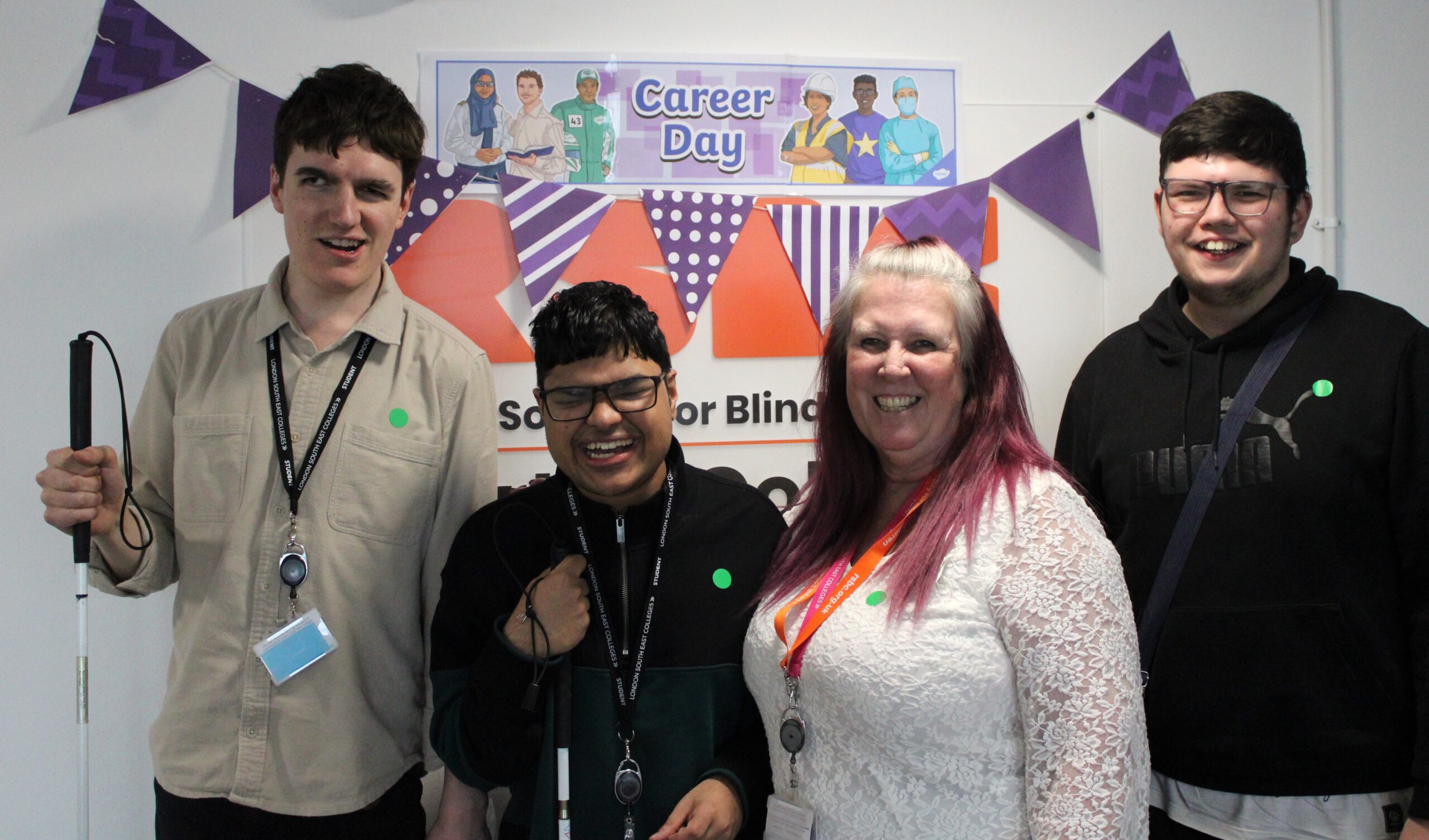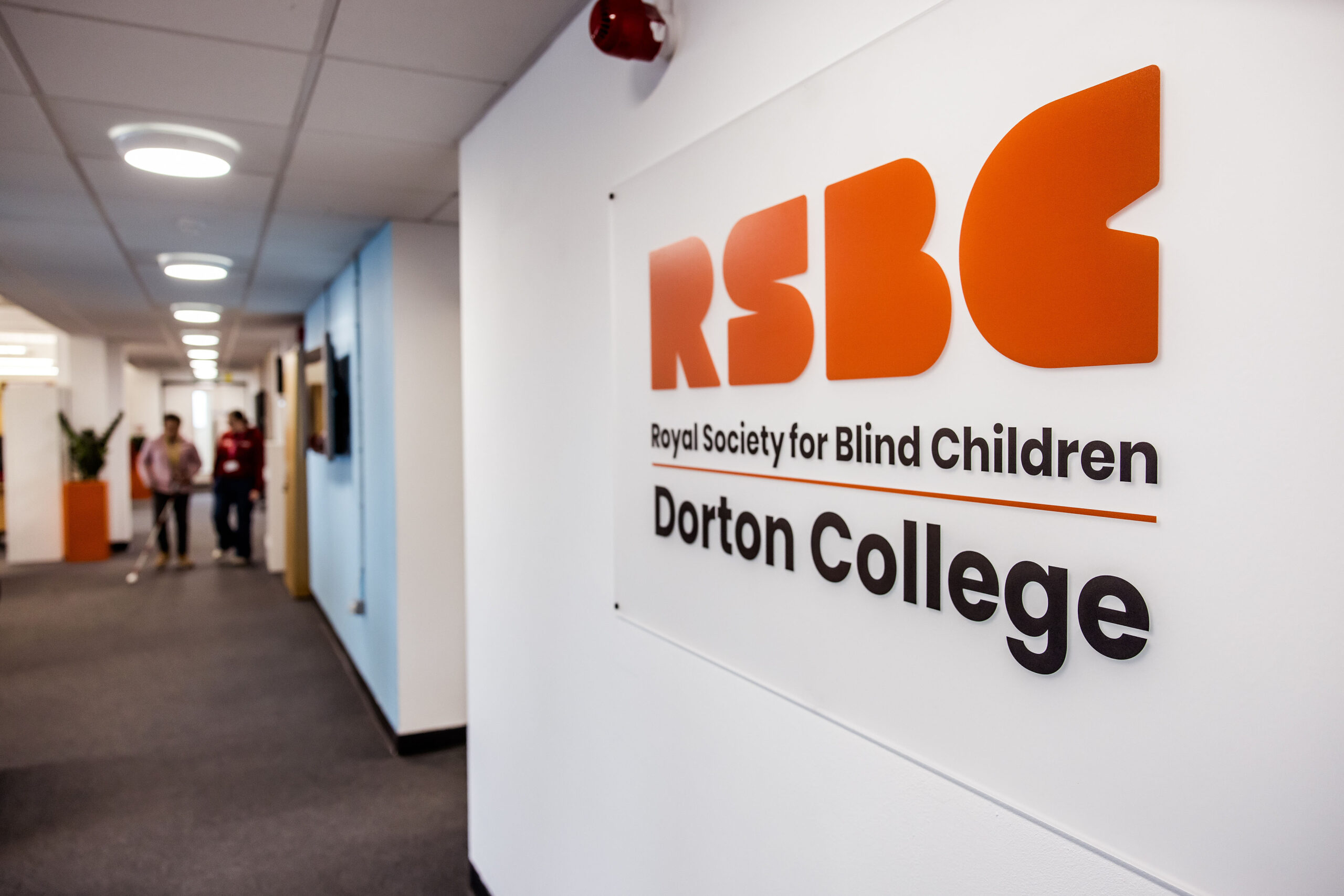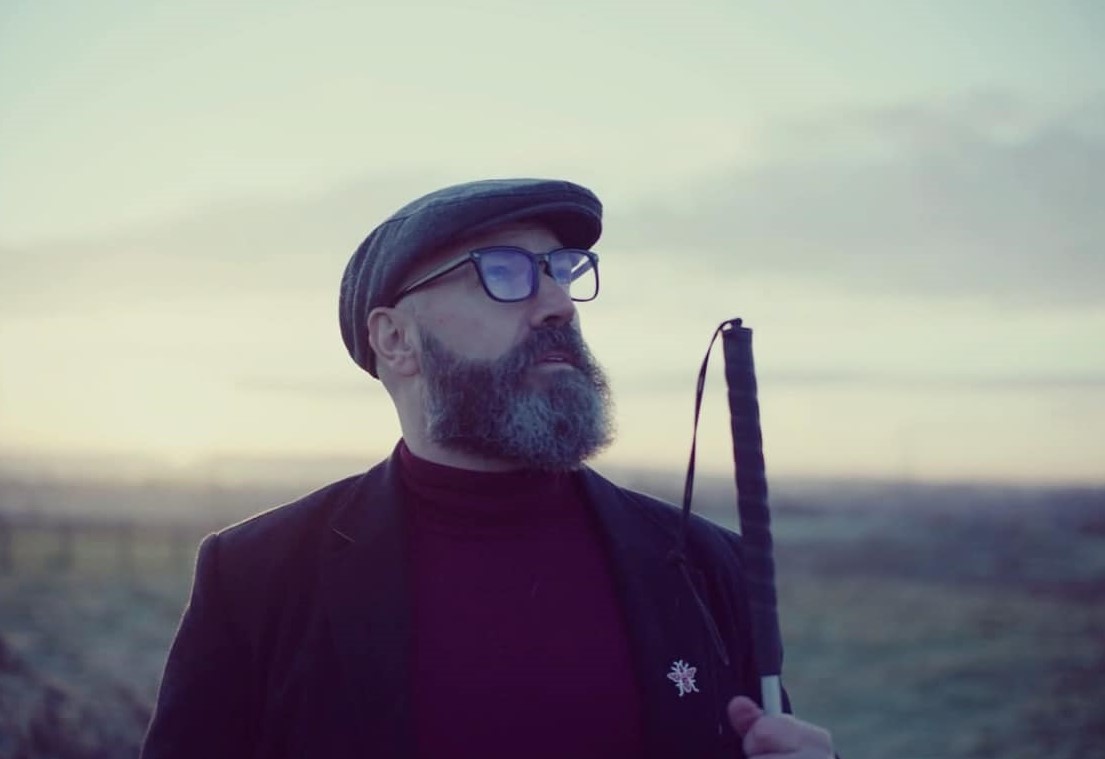On May 16th 2024, the House of Lords debated the challenges faced by those with disabilities including access to benefits, work, education, housing and healthcare.
RSBC was very pleased to see Baroness Sherlock, Labour Work and Pensions spokesperson, recognise the multiplicity of complex challenges for disabled people across most areas of life. She pushed the government for an implementation schedule with clear dates for delivery and reporting, so that they can be held to account on the new Disability Action Plan the government published in February 2024. This promised to involve disabled people centrally in the implementation and review of progress.
Back in 2021, Prime Minister Boris Johnson described the scale of disadvantage experienced by disabled people as “a scandal” and committed to “bridge the gaping chasm” of inequality through regular progress reports. Unfortunately, the National Disability strategy hit major problems when, in 2022, it was challenged in the courts by disabled people’s organisations, who claimed that they had had no meaningful input into its development. And so, until the Disability Action Plan was published this year, there has been little or no change for disabled people.
Baroness Sherlock said,
“Improving the wellbeing and inclusion of disabled people is a moral imperative for all of us in this House, but it is also vital for our society that we harness the talents of all our citizens, whatever their level of disability or ability, and enable them to participate fully and on equal terms.”
At RSBC, we know that vision impaired young people have a huge amount of ability and talent. We would like to see this government, or any incoming government, keep the commitment to the Disability Action Plan.
Baroness Donaghy, Labour, went on to highlight the government’s proposed changes to the PIP (personal independence payment), saying that “It is clear that the review is all about cost”. She cited the The Disability Benefits Consortium’s reaction to the Government’s announcement, calling it “a cynical, political point-scoring exercise which cruelly and unjustly targets disabled people”.
Following a debate in which so many vital issues for disabled people were raised by the Lords, Baroness Sherlock showed that Labour were listening to disabled people and shared their commitment to using the social model of disability. Key actions she said that Labour would implement are:
“Labour’s new deal for working people will introduce mandatory disability pay-gap reporting for firms with more than 250 staff.”
“A Labour Government would overhaul Access to Work, with improved targets for assessment waiting times and also in-principle indicative awards, so that disabled people would know what kind of equipment, adaptations or support they could get before they start work.”
“We would make it simpler to secure reasonable adjustments in a timely manner …”
“A Labour Government would drive down NHS waiting lists, with 2 million more weekend and evening appointments, and would provide specialist mental health support in every school, and walk-in access in every community.”
At RSBC, we welcome the proposed changes for vision impaired young people – and, indeed, all disabled people – that Labour is outlining, which would improve their ability to reach their full potential.
Baroness Sherlock summed up the debate by sharing:
“It is a sign for all of us that we need to change society, not only to make life better for disabled people—though we should do so—but because of what we are missing out on from all those who cannot play a full part in society, through no fault of their own. We have to do better than this.”
(parliamentary copyright images are reproduced with the permission of Parliament)
